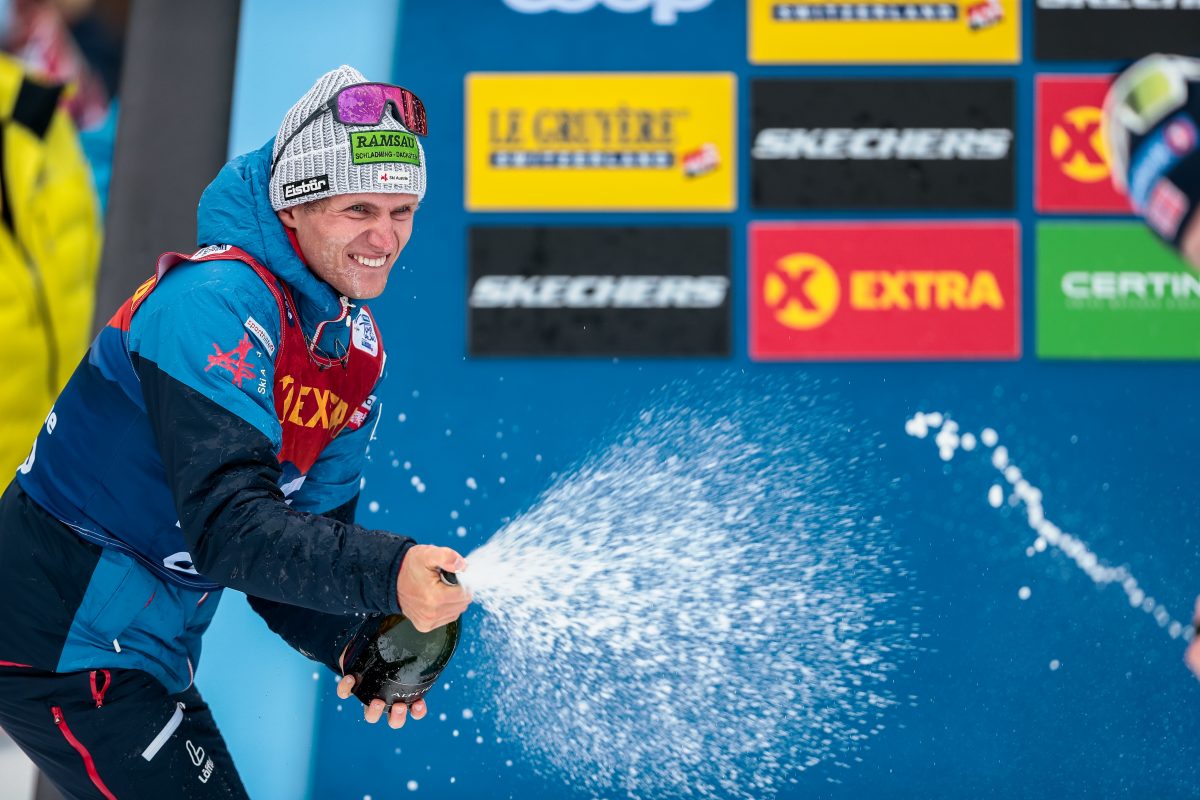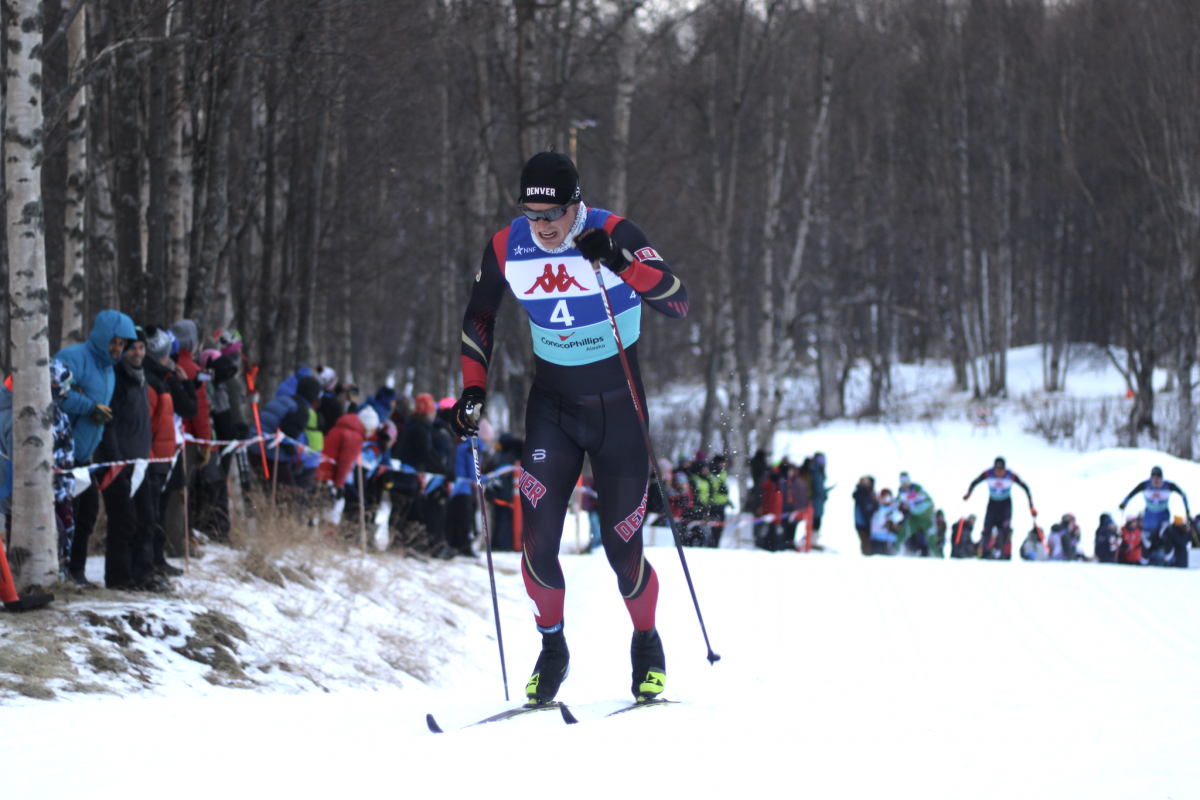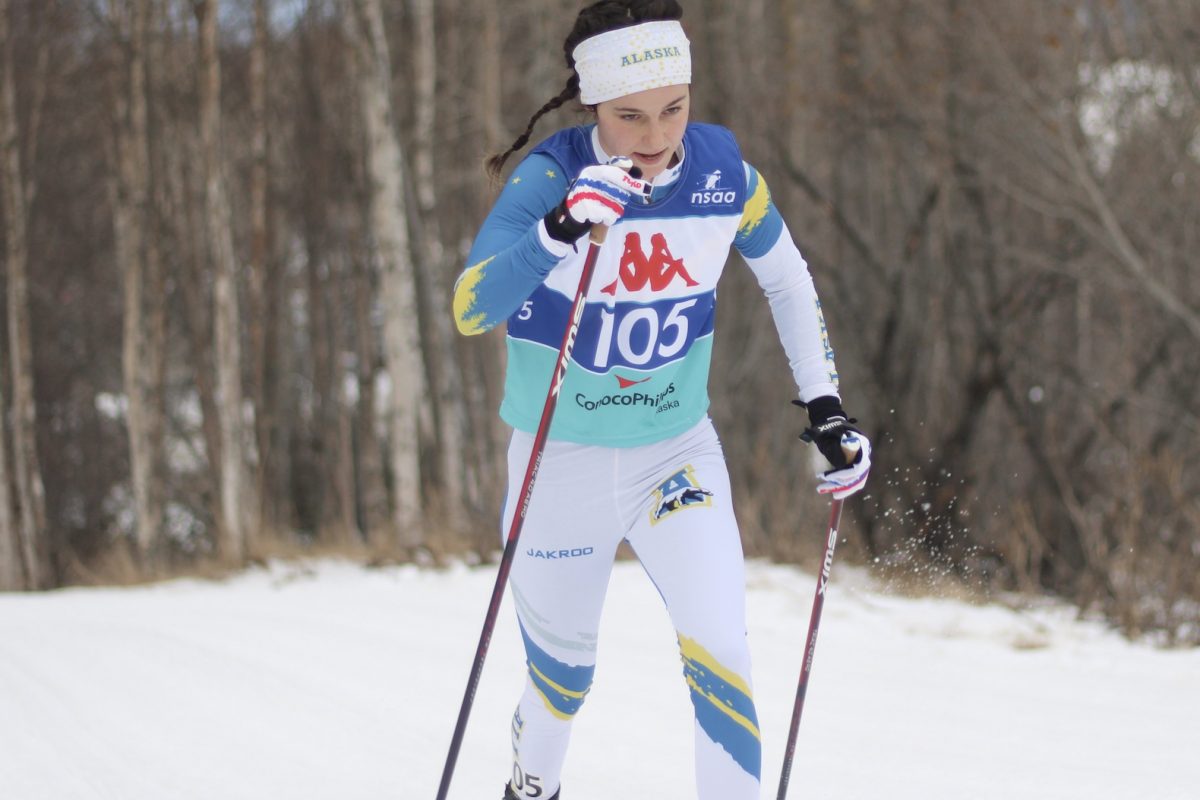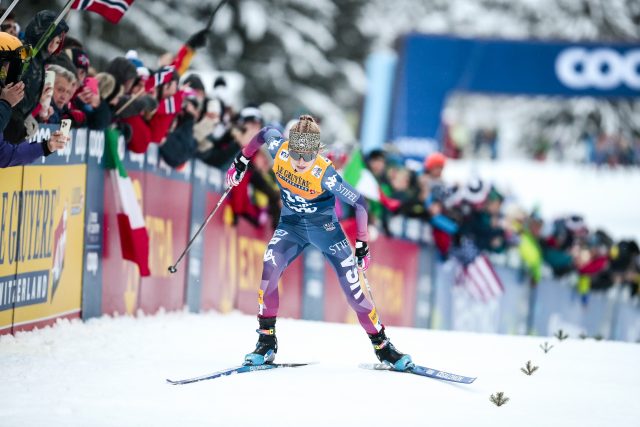
Sophia Laukli’s dominant win in the final stage of the Tour de Ski catapulted her into the spotlight. She has been racing fast for a while, but this result was on another level from her past performances. As the world gets to know her better, it’s interesting to look at the training philosophy of her club, Aker Daehlie. Training is sometimes secretive, but Aker Daehlie puts their training philosophy online for all to see. This transparency is great to see; there’s little complete information about what teams are doing for training. They often talk about a workout they love or a great coach but rarely an overall philosophy for their program.
In a world being shaped by Tick Tock, it’s easy to get small pieces of information. We see a video of someone doing something that is most likely part of their training, but we perceive it to be an integral part and that becomes something we base our training around. The more of these little pieces we put together, the further away from real sport science we get. Aker Daehlie’s success is probably based on many things, but one of them is that in their training philosophy they sight many well-respected sport science publications and books. By using this science as their foundation, they can bring in some pieces of pop culture training if they wish to try to improve on their results, but they don’t stray from their core principals because they are rooted in the science. I would guess that this science is really the foundation of their success.
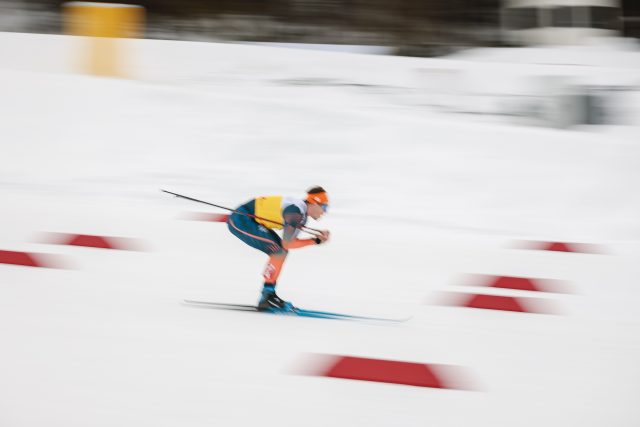
One thing that resonated with me in their philosophy was that training a certain number of hours doesn’t deliver the best performances. Skiers rely on training based on hours because we can’t reliably compare performances. Some runners and cyclists do this with miles, but it is not as universal as it is in skiing. There are great examples of this in history, for example Roger Bannister. Nobody cares that he only trained 30 minutes over his lunch break, he ran a sub four minute mile. There is some conjecture that he would have been better if he had more time to train. But maybe 30 minutes a day was the perfect amount of training for him. It allowed him to achieve his goal, so it was extremely successful.
Training hours and the culture of more is better is hard to break. To be clear, the philosophy stated by Aker Deahlie is not that more is bad. The team’s philosophy does hold that more for the sake of more is not necessary: more for the sake of speed is the desired outcome. As a coach I have grouped my athletes by the number of hours they plan to train this year. It seems like a logical place to start as a ski coach; however, the culture and training for coaches is based on more is better. Runners often talk about junk miles, but the idea of junk hours does not seem to be used by cross country skiers or coaches. The Aker Daehlie training philosophy simply reminds us that more for the sake of more is not useful.
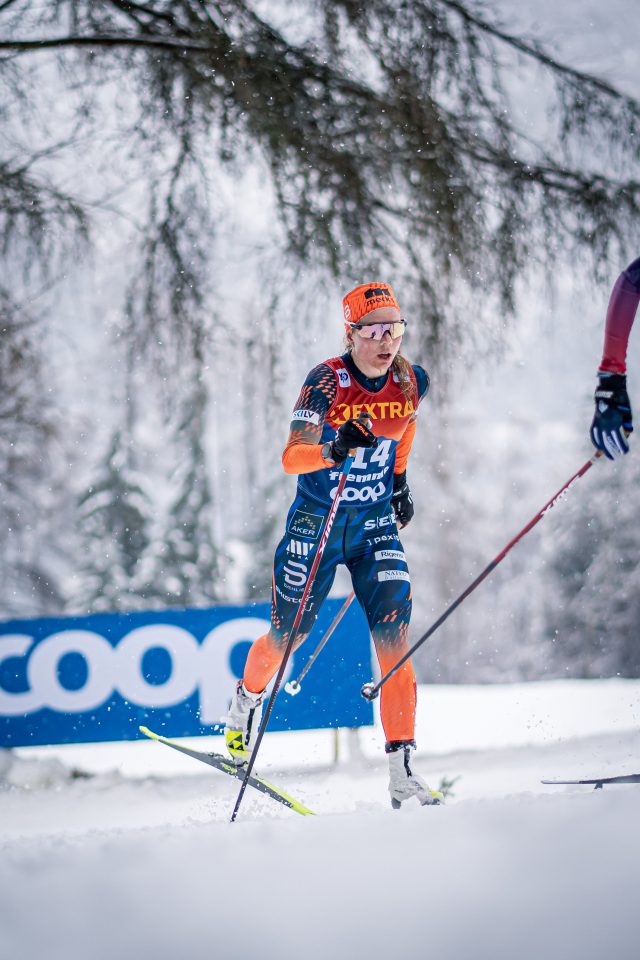
It’s easy to lose sight of the goal: ski as fast as possible. Strides have been made with tools like the SkiErg to simulate skiing and create metrics. The CCC Strength test is also a useful proxy metric, but these tests are not skiing. We often use roller skis as a substitute for skiing, and roller ski time trials can have times associated with them but those are also impacted by temperature, rain and traffic. Running can be a good measure of an individual’s motor, but again it’s not skiing; it doesn’t correlate perfectly for all athletes.
Keeping the eye on the prize is hard without good metrics, but it’s important to make sure all the work being done is for the purpose of skiing faster.
Jason Kask
Head ski coach at the College of St. Scholastica and owner and operator of Superior Performance, Jason Kask is a coach certified through United States Ski and Snowboard, and a Certified Strength and Conditioning Specialist (CSCS).

